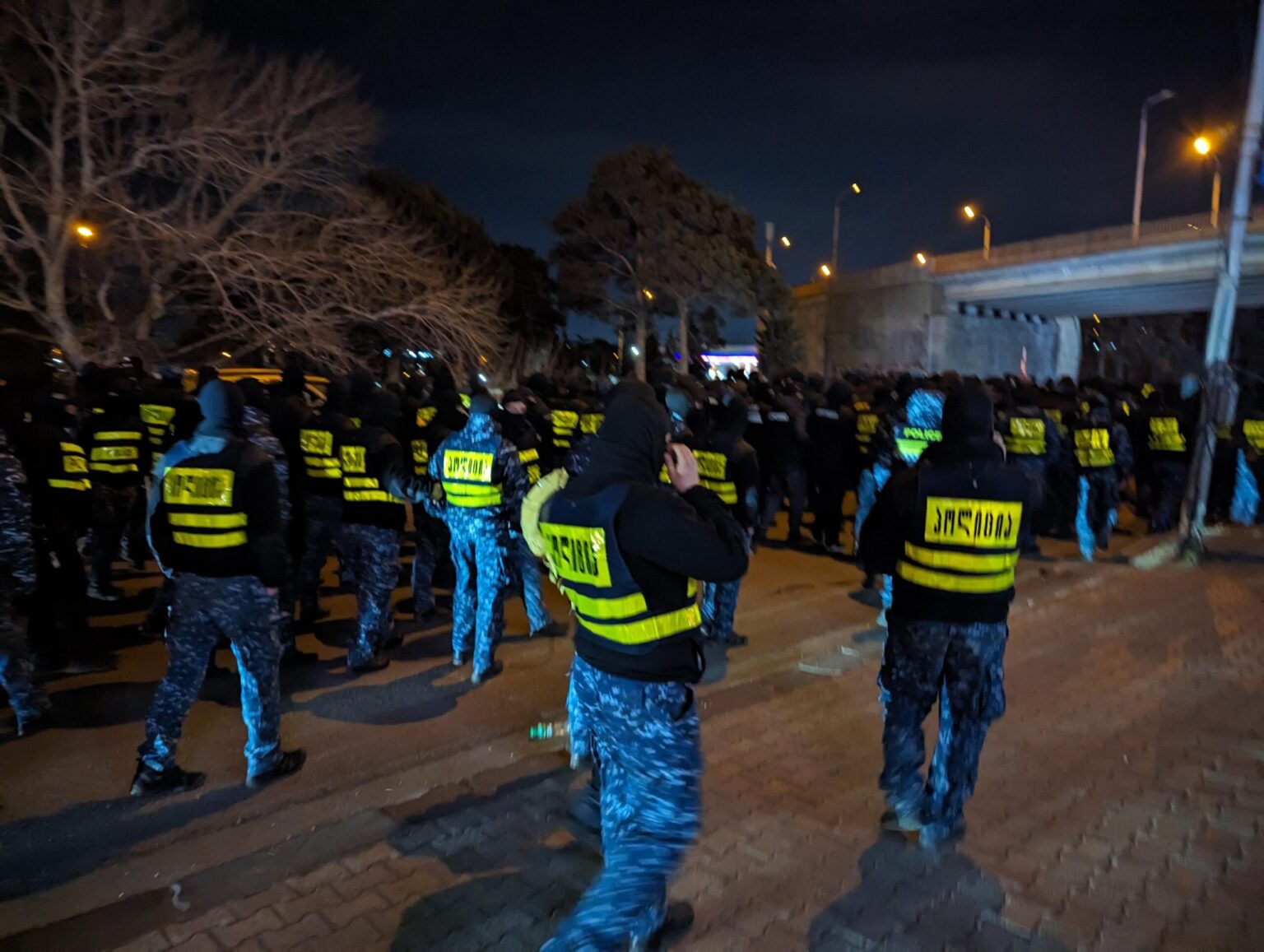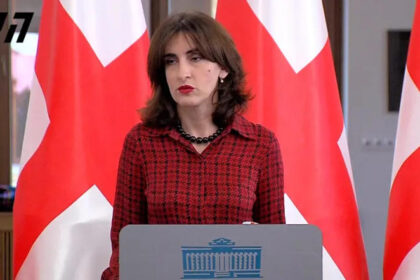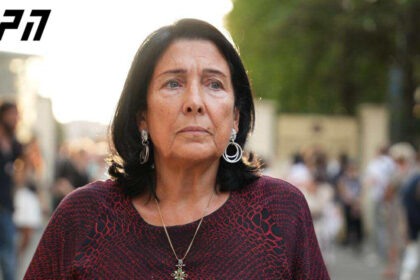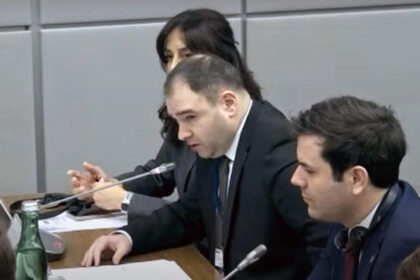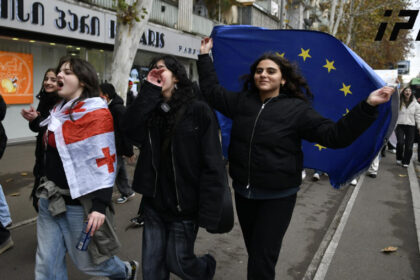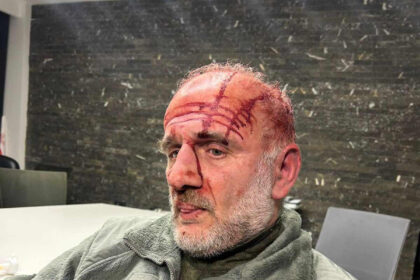**Georgian Dream’s Tougher Stance on Drugs Sparks Concerns**
In the city of Tbilisi, police rounded up several activists, including members of the opposition Lelo party, for drug testing on July 8. This move is part of the Georgian Dream government’s escalating crackdown on drugs.
One of those taken in for testing was activist Beka Papashvili. Police claimed to have information that he was on drugs and escorted him from his girlfriend’s residential block. However, after three hours, Papashvili was released with a negative test result, according to his girlfriend’s Facebook post.
Meanwhile, opposition Lelo party member Irakli Kupradze wrote on Facebook that police approached three party members – Otto Parulava, Levan Jorbenadze, and Beka Beridzishvili – and asked them to take drug tests. The incidents occurred separately across different parts of Tbilisi.
**Protesters Refuse Drug Tests in Protest**
The next morning, Otto Parulava wrote on Facebook that they refused the police request. This was a deliberate act of defiance against what he called a “dirty and disgraceful practice that the Russian regime is trying to bring back to Georgia.”
Parulava also stated that individuals have four hours to take a drug test independently, which they also defied in protest.
**Testing Positive or Refusing Tests May Have Consequences**
According to the law, testing positive or refusing to take a drug test may result in administrative detention or a fine of up to GEL 2,000 (approximately USD 730).
This move by the police comes as part of the Georgian Dream government’s tough anti-drug rhetoric and tightening policy. The government has declared an “uncompromising” fight against narcotics.
**Escalating Drug Crackdown**
On June 27, Prime Minister Irakli Kobakhidze told lawmakers that the government would be “absolutely irreconcilable” on drug-related offenses. He also praised the adoption of the Foreign Agents Law and new rules on foreign grants.
The GD parliament rushed through legislative changes on July 2 that criminalized the purchase and possession of more than five grams of marijuana, punishable by up to six years in prison. Private entities are now banned from providing opioid replacement therapy, and importing wholesale psychotropic substances is prohibited.
**Police Arrests and Controversy**
On the same night as the activist drug tests, 34 people were arrested across Georgia on drug charges. Several protesters face controversial drug-related charges after being arrested during pro-EU protests in November and December 2024.
The defense claims that police planted drugs on them, leading to prison terms ranging from eight years to life. The latest incidents have sparked concerns about the Georgian Dream government’s tough stance on drugs.
Read More @ civil.ge




